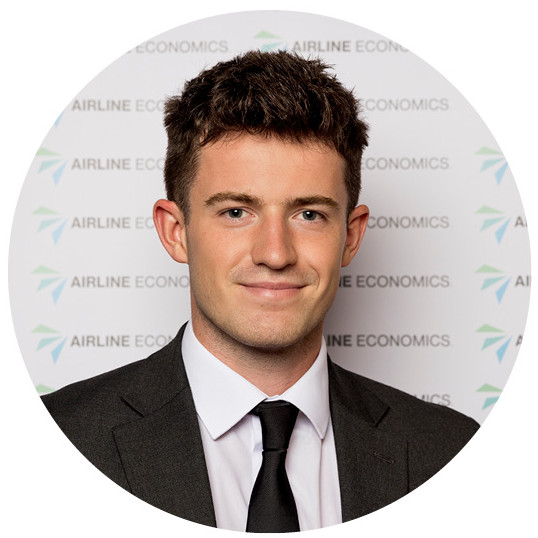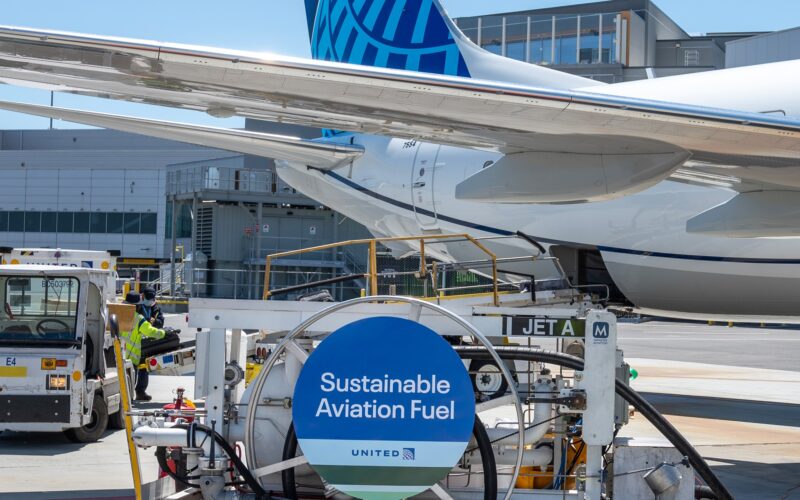Aircraft Leasing Ireland (ALI), the Ibec group that represents the aircraft leasing sector in Ireland, has announced its support for the expedited development of book-and-claim accounting under voluntary reporting and compliance frameworks to enhance Sustainable Aviation Fuel (SAF) access.
The proposal was made at ALI’s third Global Aviation Sustainability Day Conference in Dublin on November 12, 2024, with the aim of making it easier for the aviation industry to purchase SAF credits from fuel used in other locations can help reduce lifecycle greenhouse gas (GHG) emissions and cut transportation costs.
The "book-and-claim" model facilitates both production scale and global purchasing of SAF, allowing operators to buy certified SAF credits irrespective of location. This chain-of-custody system decouples the environmental credit from the physical fuel supply, enabling lifecycle carbon emissions reductions without geographic constraints.
In 2022 ALI pledged its support for the Fly Net Zero initiative, which aims for civil aviation to achieve net-zero carbon emissions by 2050. Additionally, ALI introduced a sustainability charter at its inaugural Global Aviation Sustainability Day in 2022 that sets out comprehensive environmental, social and governance principles for aircraft lessors.
Karl Griffin, chairperson of ALI commented: “Increasing SAF availability is a global challenge that is critical to achieving a sustainable aviation industry. ALI advocates for the expedited development of book-and-claim accounting under voluntary and compliance reporting frameworks. This system would boost both supply and demand for SAF and support the commercial aviation industry’s ambition to be net-zero by 2050.”
The Charter advocates for the advancement of new low-carbon aircraft technologies including sustainable aviation fuel (SAF), which according to IATA has the potential to reduce aviation's carbon dioxide emissions by up to 65% by 2050.

